Read the video transcript here arrow up arrow down
Actually, Giselle Cycowicz is retired.
But the 93-year-old psychotherapist is still in touch with her previous patients.
Covid-19-related on the phone and by zoom.
She has been caring for Holocaust survivors in Jerusalem since 1992. The patient-therapist relationship is characterized by the deepest trust, and Giselle knows exactly what torments her patients.
Because she was there herself - in Auschwitz.
Giselle Cycowicz, former psychotherapist Amcha:
I came as a therapist for the Holocaust survivors and was then introduced to the group. There are maybe a hundred people, members. I say to them, "My name is Giselle Cycowicz, and I'm a Holocaust survivor." I've never said that before. I've lived in America for 44 years, I never said to anyone, "I'm a Holocaust survivor," because nobody asked.
In May 1944, she and her family were deported to Auschwitz from their hometown of Khust in Hungary in a railway wagon like the one that stands today in the Yad Vashem Memorial.
Giselle Cycowicz, former psychotherapist Amcha:
Three days. It was very, very quiet. The people who were there were with their families. They all spoke in whispers. We saw a large wooden sign that read "Auschwitz-Birkenau". We didn't know that. We had never heard those words, never.
Talking is so important.
But many victims of the Shoah could not do this for decades, the experience was too traumatic.
And in old age it gets worse. Time does not heal.
Martin Auerbach, clinical director of Amcha Israel:
Extreme trauma accompanies us all our lives. And interestingly enough, in old age after retirement, when it comes down to new losses - life partners get sick or mobility is restricted. The focus is on the past, and experiences from childhood and youth, from the past, become much more topical. And so we have Amcha in Israel. We care for Holocaust survivors, a huge increase in elderly Holocaust survivors between the ages of 80 and 90. They say: "Now we come and want to talk about it."
The self-help organization Amcha in Israel looks after 8,725 survivors of the Holocaust.
Last year alone with 242,489 therapy hours.
Life after survival is shaped by the traumatic experiences of childhood and adolescence.
Giselle Cycowicz, former psychotherapist Amcha:
Suddenly the ramp is full of people. The selection is carried out. We don't know what that is. We have no idea what is going on. They tell people to undress and hang their clothes on the hook there. "Make a note of where they put them because they'll need them." They were taken and killed within 20 minutes. 20 minutes. 2000 people in a gas chamber. And the children, the children die first. I was seventeen at the time.
Just as important as therapy are the social activities in Amcha's meeting places.
Celebrations, memorial days, just being together is the way out of isolation.
It was like that before Corona.
Martin Auerbach, clinical director of Amcha Israel:
This is a place for those who go inside, I quote, who say that for me it is like a kind of second home. I feel safe there, safe. And here I can also tell things about which I had the feeling: I only experienced that. Nobody can understand that. That is actually the basic trauma. A trauma is a feeling. There is a feeling that something has happened to me and I can't really tell anyone about it. And even if I tell it, he or she will not understand.
Giselle Cycowicz, former psychotherapist Amcha:
And then they said, "Undress." We have no more hair, no clothes. The hunger is getting worse and worse. The tragedy that my mother was taken away. The tragedy that my father was killed. With every roll call there is a great risk. We are in constant fear.
Giselle's father was murdered in a gas chamber in Auschwitz.
The pain is still there.
About 565,000 Hungarian Jews were murdered, a total of about six million Jewish people.
Giselle, her sisters, and her mother survived.
And then always stayed close to each other.
Giselle Cycowicz, former psychotherapist Amcha:
It was so good to be together and plan things, ask advice, laugh and talk about home. Most of the Holocaust survivors don't have that. We were lucky that we stayed alive. Not everyone had that.
Many are alone.
Therapists are often their only caregivers.
The Shoah is a constant companion.
In all details, with all images, sounds, fears, thoughts, feelings of guilt.
Holocaust trauma doesn't just come back every now and then.
Giselle Cycowicz, former psychotherapist Amcha:
It doesn't come back. It's always on our minds. It is always with us. It will not go away. It can't go away because all sorts of things are happening and all of a sudden I remember. I remember so many terrible ... Now in winter I remember what happened.
Corona loneliness reinforces the basic feeling of being abandoned for many Holocaust survivors.
The meeting points are closed, but see you online.
This is used intensively, but those who are too weak or unable to take part in video conferences suffer most of all.
The reaction of Holocaust survivors to Corona loneliness is very individual.
Giselle Cycowicz, former psychotherapist Amcha:
There are many survivors who have a very, very strong resilience, who have also shown theirs over the last few decades and who actually sometimes even say: “Yes, that's not that bad for me. I've been through worse, haven't I? ”We hear this now and then. But there are many survivors who say, “I've had a sense of security for the past few decades. It's actually a little quieter now. And suddenly the world falls apart again. "
Giselle Cycowicz has also missed a lot since the beginning of the Covid 19 pandemic.
But she gets along well and is optimistic.


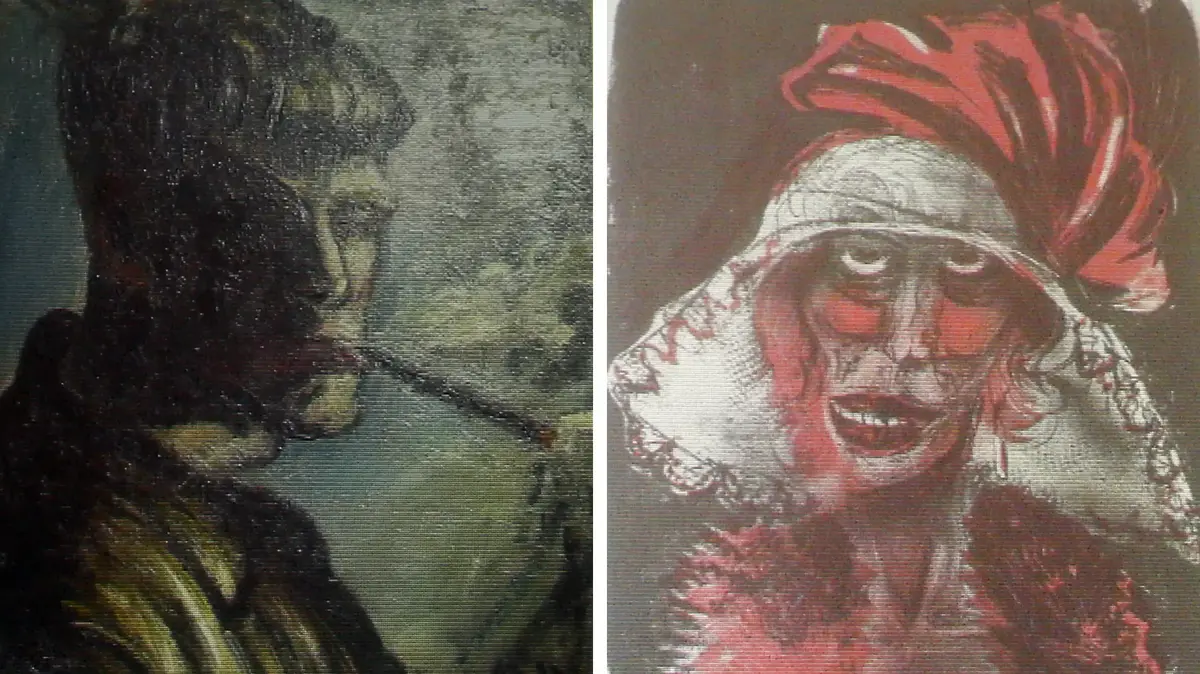
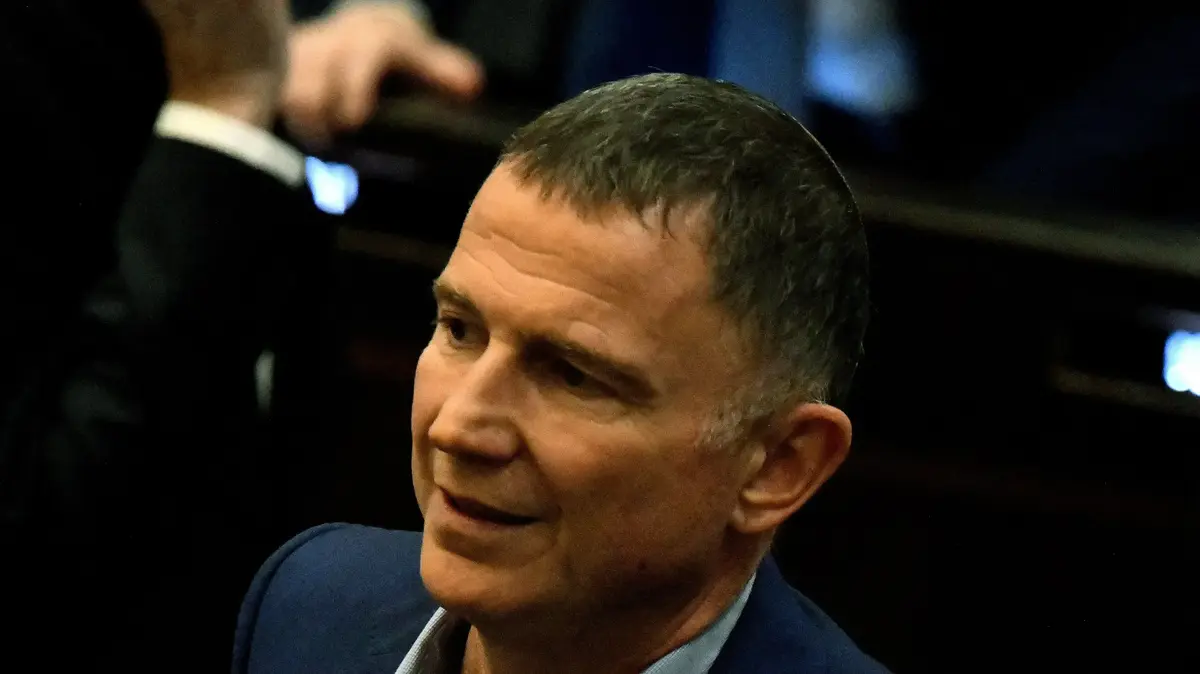

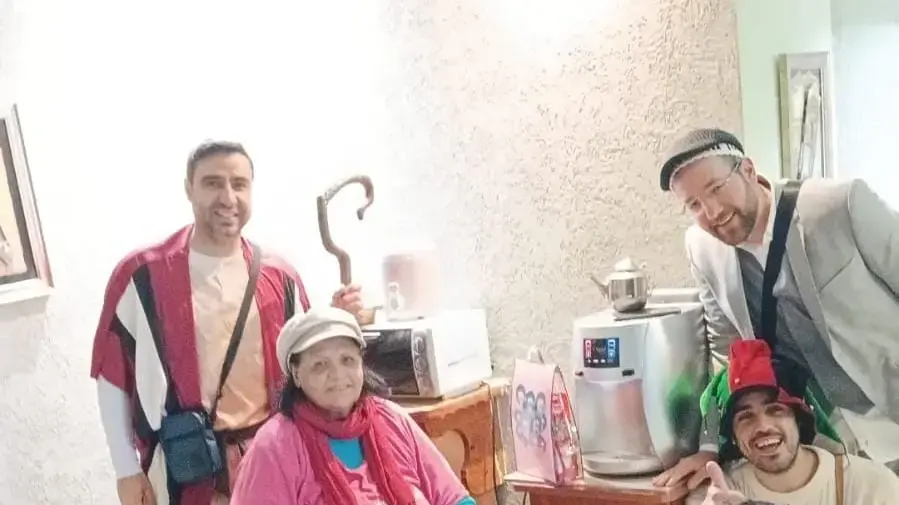


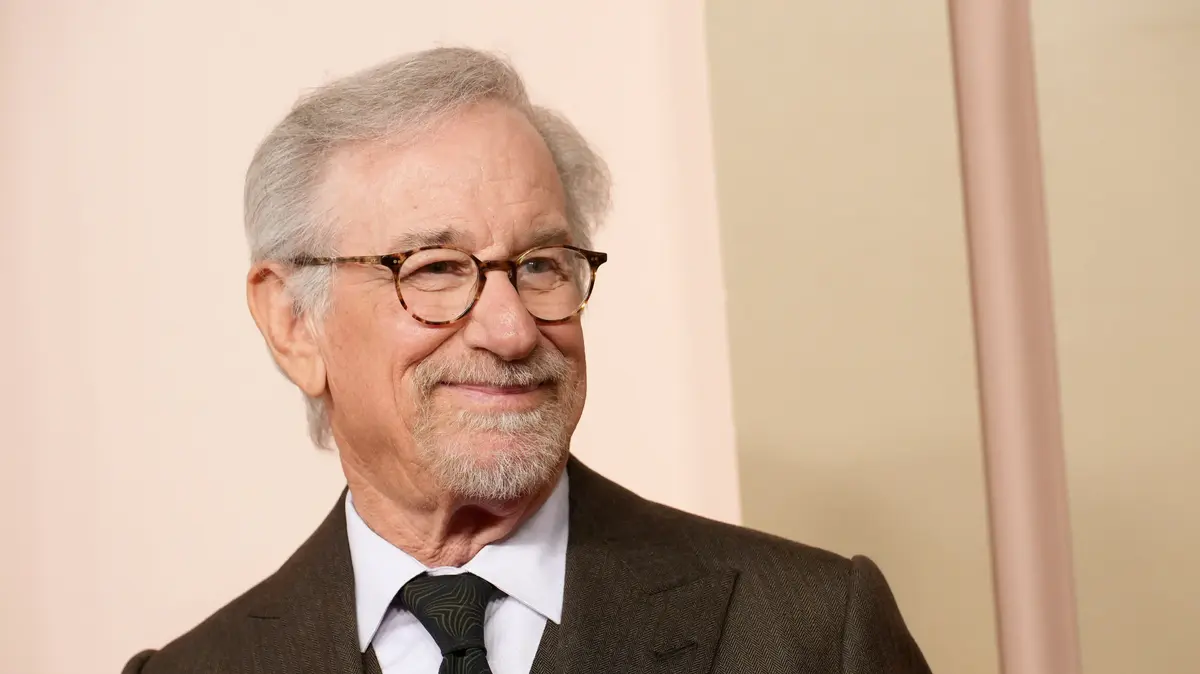
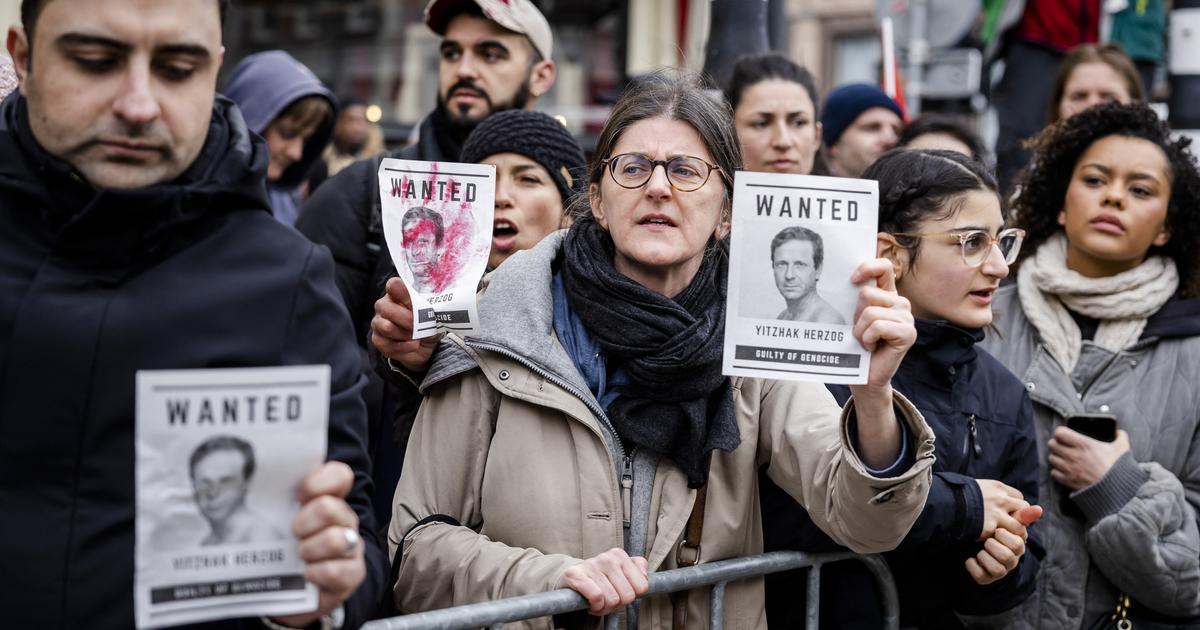




/cloudfront-eu-central-1.images.arcpublishing.com/prisa/B7F2F3HZ2JCUHDZJKAGKAXXPSU.jpg)